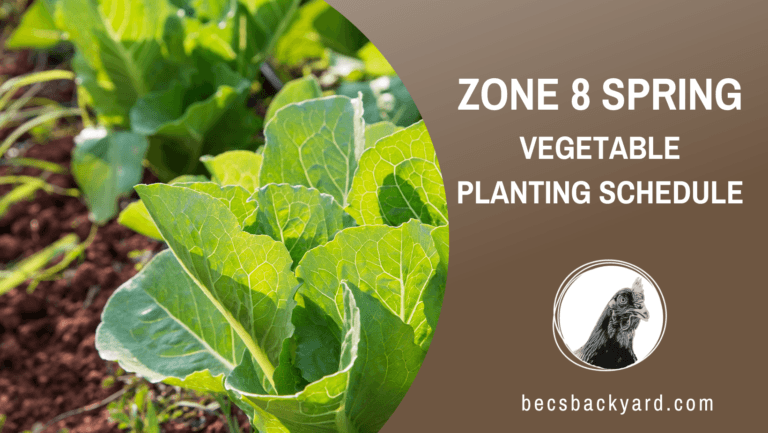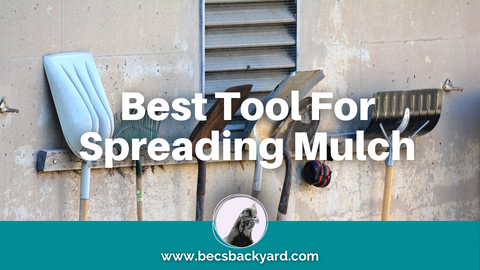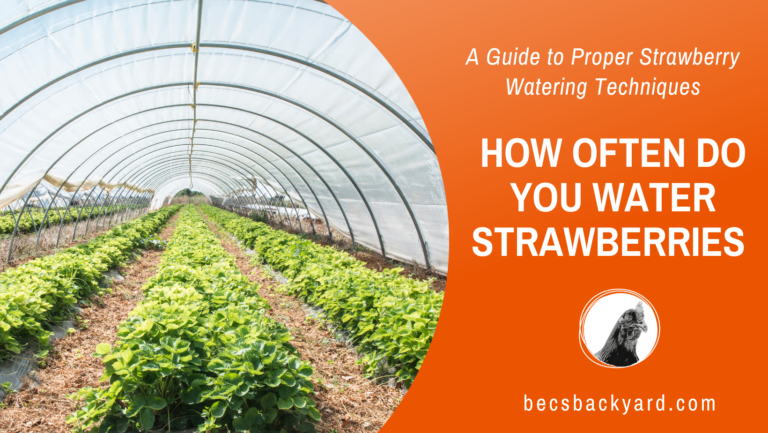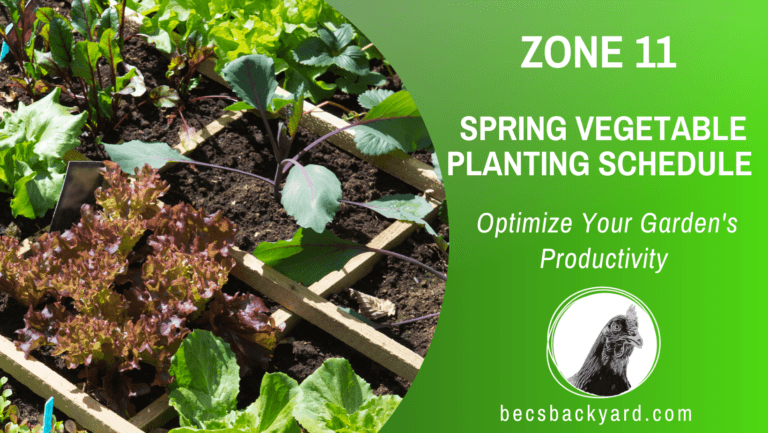How to Get Rid of Ants in Your Vegetable Garden : Chemical-Free Solutions
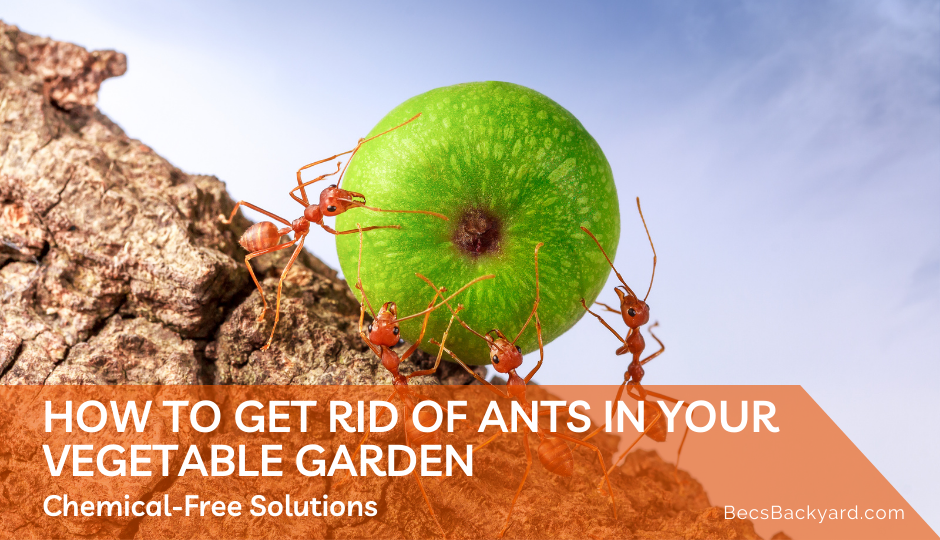
Ants are a common problem in vegetable gardens. They can damage plants, steal seeds, and even bite humans. While chemical pesticides may seem like a quick solution, they can harm beneficial insects and contaminate the soil. Fortunately, there are natural ways to get rid of ants in your vegetable garden without using chemicals. Read on to find out How to Get Rid of Ants in Your Vegetable Garden.
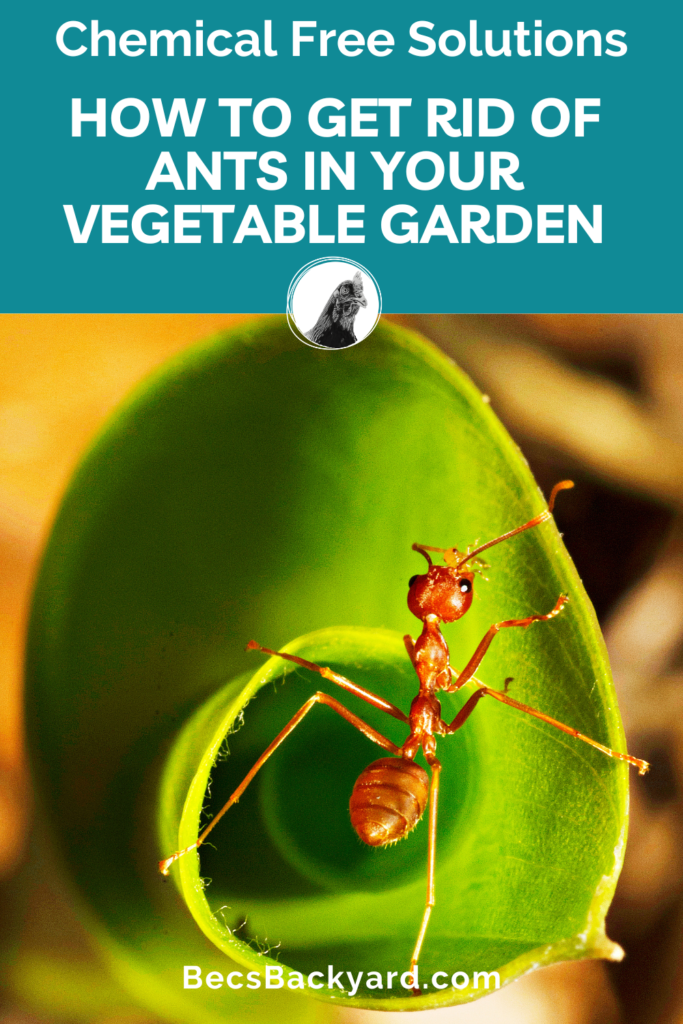
Identifying the Ants
Before you can effectively get rid of ants in your vegetable garden, it’s important to identify the type of ant you’re dealing with. Here are some common types of ants you may find in your garden:
- Black ants: These ants are generally helpful to garden beds, as they promote soil aeration and pollination. They feed on the plant’s nectar and protect them from other harmful herbivores, such as fly larvae and aphids.
- Carpenter ants: These ants are a type of ant found in forested regions and can be native to many parts of the world. They are larger than most ants and can cause damage to wooden structures, but they rarely cause damage to plants.
- Fire ants: Fire ants are aggressive and can cause painful stings. They can also damage plants by feeding on the roots and shoots.
- Pharaoh ants: These ants are tiny and usually found indoors. They can damage plants by feeding on the sap and can also spread diseases to plants.

Once you have identified the type of ants in your garden, you can work out how to get rid of ants in your vegetable garden without using chemicals.
How to Get Rid of Ants in Your Vegetable Garden : Natural Methods for Ant Control
Ants can be a persistent problem in vegetable gardens, but there are natural methods for controlling them without the use of harsh chemicals. Here are some effective ways to get rid of ants in your vegetable garden:
Removing Food Sources
The first step in ant control is to remove any sources of food that may be attracting them to your garden. This includes fallen fruit, spilled birdseed, and any other food scraps that may be lying around. Make sure to keep your garden clean and free of debris, and dispose of any food waste properly.
Creating Physical Barriers
Another effective method for ant control is to create physical barriers that prevent them from entering your garden. This can be done by using sticky barriers, such as Tanglefoot, around the perimeter of your garden. You can also use diatomaceous earth or coffee grounds around the base of plants to create a barrier that ants will not cross.
Using Beneficial Insects
Another natural method for ant control is to introduce beneficial insects that prey on ants. Ladybugs, lacewings, and praying mantises are all effective predators of ants and can help to keep their populations in check. You can also attract these beneficial insects to your garden by planting flowers that provide them with nectar and pollen.
Applying Natural Repellents
Finally, there are a number of natural repellents that can assist with how to get rid of ants in your vegetable garden and discourage ants from entering your garden in the first place. Some effective options include:
- Cinnamon: Sprinkle cinnamon around the perimeter of your garden to repel ants.
- Vinegar: Mix equal parts vinegar and water in a spray bottle and spray directly on ants to repel them.
- Borax and Sugar: Mix equal parts borax and sugar and place in a container near ant trails. The ants will take the bait back to their colony, where it will kill them.
By using these natural methods for ant control, you can effectively get rid of ants in your vegetable garden without resorting to harsh chemicals.
Preventive Measures
Preventing ants from infesting your vegetable garden is the best way to avoid the need for chemical treatments. Here are some preventive measures you can take:
Keeping the Garden Clean
Ants are attracted to food and moisture, so it’s important to keep your garden clean and dry. Remove any fallen fruits or vegetables, and clear away any debris or dead plant matter. Make sure to also remove any standing water or puddles in the garden.
Planting Companion Plants
Certain plants can help repel ants from your vegetable garden. Mint, lavender, and garlic are known to repel ants, so consider planting these around the perimeter of your garden or among your vegetables. Additionally, planting marigolds can help deter ants and other pests.
Using Mulch
Mulch can help keep your garden soil moist and prevent weeds, but it can also attract ants. To avoid this, use mulch sparingly and keep it away from the base of your plants. Consider using cedar or cypress mulch, as these are less attractive to ants.
Avoiding Overwatering
Overwatering your garden can create a moist environment that ants are attracted to. Make sure to water your plants only when necessary and avoid getting water on the leaves or stems. Consider using a drip irrigation system or watering at the base of your plants to avoid attracting ants.
By taking these preventive measures, you can help keep ants out of your vegetable garden without the need for harmful chemicals.
Frequently Asked Questions
How to repel ants in vegetable garden naturally?
There are several natural ways to repel ants in a vegetable garden. One way is to sprinkle cinnamon around the garden. Ants dislike the smell of cinnamon and will avoid it. Another way is to plant herbs such as mint, basil, or lavender near the garden. The strong scent of these herbs will repel ants. You can also use citrus peels or vinegar to create a natural ant repellent spray.
What are some natural ant repellents for vegetable gardens?
There are several natural ant repellents that you can use in a vegetable garden. Some of the most effective ones include peppermint oil, vinegar, citrus peels, and cinnamon. These can be used in various forms, such as sprays, powders, or simply by placing them around the garden.
How to keep ants out of vegetable garden?
One way to keep ants out of a vegetable garden is to create a physical barrier. You can do this by placing a border of diatomaceous earth around the garden. This will create a barrier that ants will not be able to cross. Another way is to use companion planting. Plant herbs and flowers that repel ants around the garden.
What are the best non-toxic ways to get rid of ants in vegetable garden?
One of the best non-toxic ways to get rid of ants in a vegetable garden is to use diatomaceous earth. This is a natural substance that is safe for humans and pets, but deadly to ants. You can also use vinegar, citrus peels, or cinnamon to repel ants.
How to prevent ants from invading vegetable garden?
To prevent ants from invading a vegetable garden, make sure to keep the garden clean and free of debris. Ants are attracted to food and moisture, so make sure to clean up any spills or standing water. You can also use physical barriers such as diatomaceous earth or companion planting to keep ants out.
What are the common mistakes to avoid when trying to get rid of ants in vegetable garden?
One common mistake is to use toxic chemicals to get rid of ants. These chemicals can be harmful to the environment and to humans and pets. Another mistake is to use ineffective methods such as using essential oils without diluting them properly. It is also important to identify the type of ant that is causing the problem, as different types of ants require different methods of control.
Ready. Set. Exterminate!
Ants can be a nuisance in your vegetable garden, but there are natural ways to get rid of them without using harmful chemicals. By using natural repellents and deterrents, you can keep your garden free of ants while still maintaining a healthy environment for your plants.
Some effective natural methods for getting rid of ants in your vegetable garden include:
- Using orange guard, a natural ant repellent spray that targets ants directly.
- Making a 50/50 mixture of borax and sugar to control ants.
- Spraying citrus peels, dish soap, cinnamon, or baby powder to repel ants.
- Sprinkling brewed coffee grounds in the soil to deter ants.
- Using diatomaceous earth, a natural substance that kills ants by dehydrating them.
It is important to note that while these methods are effective, they may take some time to work. You may need to apply them several times before you see results. Additionally, it is important to identify and eliminate the source of the ant colony to prevent them from returning.
Overall, finding natural methods for your problem of How to Get Rid of Ants in Your Vegetable Garden will ensure that the environment is safe, the methods are effective, and most importantly they work. By taking a proactive approach and using natural repellents and deterrents, you can keep your garden free of ants and enjoy a bountiful harvest of fresh, healthy vegetables.

